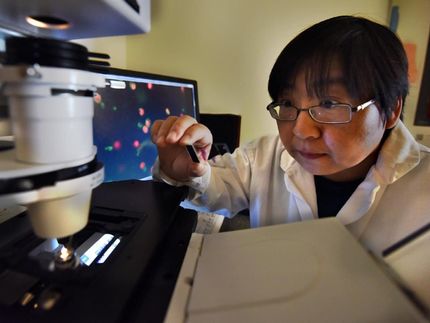CTC – Centro de Tecnologia Canavieira – and BASF enter technical cooperation agreement in sugarcane
German-based BASF and Brazilian research center enter cooperation in plant biotechnology
CTC – Centro de Tecnologia Canavieira and BASF announced a cooperation agreement in plant biotechnology. The companies are combining their competencies in sugarcane breeding and biotechnology with the aim of bringing sugarcane growers higher-yielding and drought-tolerant sugarcane varieties. The goal is to bring sugarcane varieties with yield increases of 25 percent to the market within about the next decade. This would result in an almost unprecedented jump in productivity for any crop.
”We entered this cooperation because we are strongly committed to the continuous development in technologies for increasing yield and to reduce production costs in sugarcane,” said Nilson Zaramella Boeta, CEO of CTC. “The great leap in sugarcane quality and productivity that CTC and BASF start working on today will certainly support Brazil’s position as the leading global player in sugar, ethanol and energy,” he added.
“The key objective of this cooperation is to develop sugarcane varieties that will produce 25 percent more yield than the varieties currently on the market. This type of yield increase would mean that the average quantity of sugarcane harvested could rise from 80 to 100 tons per hectare,” said Marc Ehrhardt, Group Vice President, BASF Plant Science. “We are proud to cooperate with CTC, one of the world’s leaders in improving sugarcane production through conventional breeding as well as biotechnology. The cooperation is another example of BASF’s plant biotechnology strategy by which we aim to increase efficiency in farming by bringing BASF’s superior genes to farmers around the world in cooperation with the best partners.”
The yield increase that the partners are targeting will create significant additional value that will be shared among sugarcane, ethanol and energy producers, as well as CTC and BASF. The agreement also provides the possibility for both companies to evaluate the development of sugarcane varieties with herbicide-tolerant characteristics in the future.
Most read news
Other news from the department science

Get the life science industry in your inbox
By submitting this form you agree that LUMITOS AG will send you the newsletter(s) selected above by email. Your data will not be passed on to third parties. Your data will be stored and processed in accordance with our data protection regulations. LUMITOS may contact you by email for the purpose of advertising or market and opinion surveys. You can revoke your consent at any time without giving reasons to LUMITOS AG, Ernst-Augustin-Str. 2, 12489 Berlin, Germany or by e-mail at revoke@lumitos.com with effect for the future. In addition, each email contains a link to unsubscribe from the corresponding newsletter.






















































